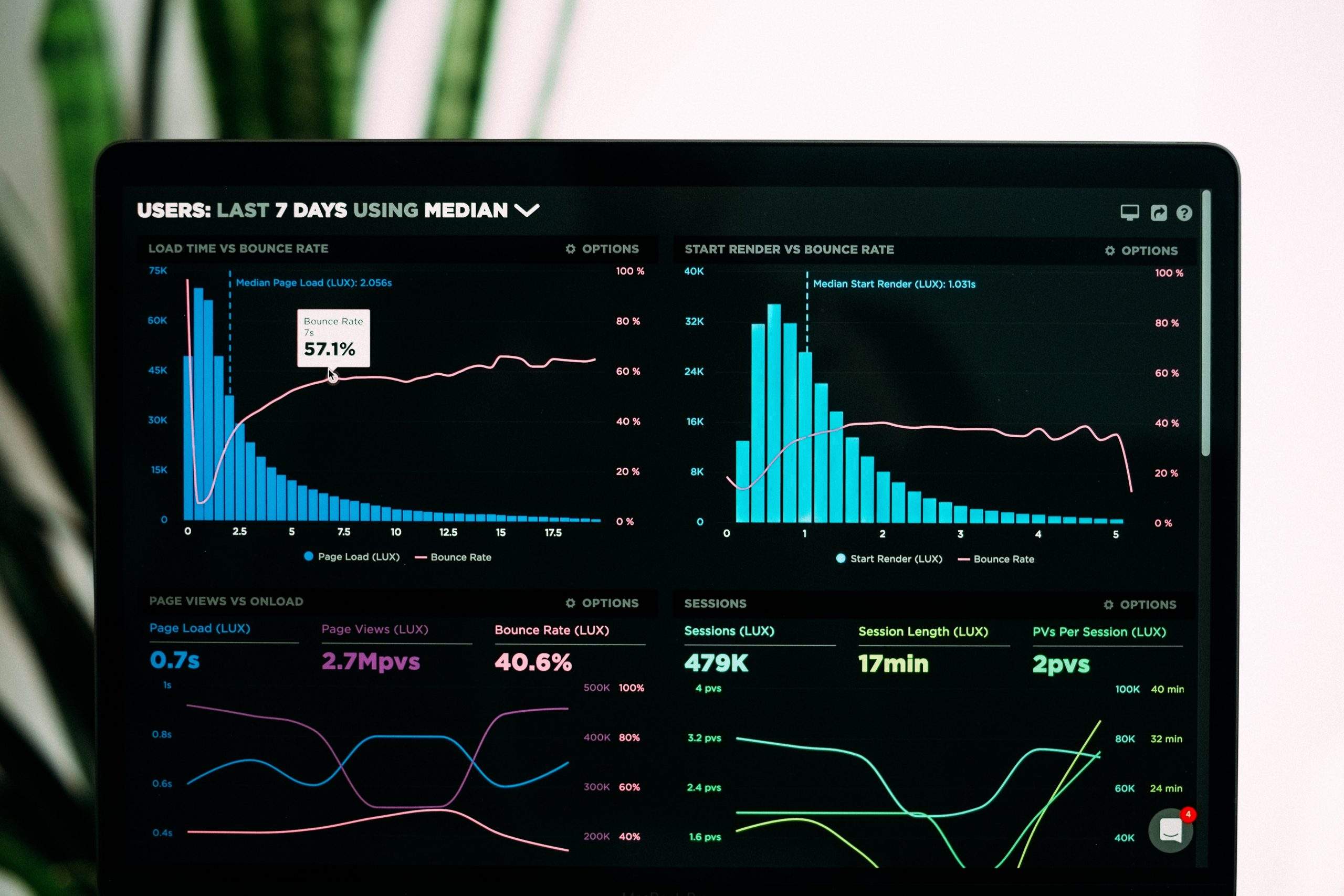
Comparison of Open Source Web Crawlers for Data Mining and Web Scraping: Pros&Cons
Have you ever wondered how companies like Google gather massive amounts of data from across the internet? The answer lies in web crawling and scraping – two techniques that enable automated extraction of information from websites. Whether you’re a researcher gathering data for analysis or a business looking to gain insights into market trends, harnessing these powerful tools is crucial. But with a plethora of open source web crawlers at your disposal, selecting the right one can be overwhelming. Fear not! In this article, we’ll dive deep into different open source web crawler options, examining their strengths and weaknesses so that you can navigate through this maze with ease and utilize these tools effectively for all your data mining and web scraping endeavors.
Overview of web crawling and web scraping
Web crawling and web scraping are essential techniques in the world of data mining and web scraping. Web crawling refers to the process of automatically navigating through a website’s structure, gathering information from different pages along the way. It is like a digital spider that crawls through a website, following links and indexing content.
On the other hand, web scraping involves extracting specific data elements from websites. While web crawling focuses on browsing the entire website, web scraping targets specific data points such as product pricing, contact information, or customer reviews. This technique can be extremely useful for businesses looking to gather competitive intelligence or perform market research.
Both techniques play a significant role in gathering large amounts of data quickly and efficiently. However, it is important to note that while web crawling may require more resources due to its breadth, web scraping allows for finer control over data extraction at a more granular level. Ultimately, the choice between these two techniques will depend on your specific needs and objectives in terms of data collection for your project or analysis goals.

Definition of open source web crawlers
Open source web crawlers are software tools that automate the process of gathering data from websites. They are characterized by their ability to access and extract information from various webpages, making them an essential tool for data mining and web scraping. Unlike proprietary crawlers that limit access to their source code, open source web crawlers provide users with the freedom to modify and enhance their functionalities according to their specific needs.
One of the key advantages of using open source web crawlers is the flexibility they offer. With access to the underlying code, developers can customize the crawler’s behavior, adapt it to different domains or languages, and add new features as required. This level of control over the crawling process allows users to optimize performance, focus on specific types of content or formats, avoid certain types of pages or sites altogether, and even evolve with changing trends in website technologies. Additionally, being part of an open-source community means receiving updates and improvements from a wide range of contributors who constantly work on refining these tools based on real-world use cases.
Another significant aspect worth considering is security when it comes to using open source web crawlers. With visibility into every line of code within such tools means that vulnerabilities can be more easily detected (and fixed promptly) compared to closed-source (proprietary) alternatives where only limited individuals have this capability. Furthermore, due diligence in choosing popular and widely-supported open source projects with active communities ensures continual improvement through regular updates—validating security protocols regularly as well as providing peace-of-mind for businesses.
Pros and cons of using open source web crawlers
Open source web crawlers, like Scrapy and Heritrix, offer several advantages that make them a popular choice for data mining and web scraping. One major advantage is the flexibility they provide in terms of customization. With open source crawlers, developers can modify the code to suit their specific needs, allowing for more efficient and targeted data extraction.
Another benefit of open source web crawlers is the active community support. Developers using these tools have access to online forums and communities where they can seek help, share ideas, and collaborate on improvement projects. This kind of shared knowledge helps users solve problems quickly and stay updated with the latest developments in the field.
However, there are also drawbacks to consider when using open source web crawlers. Firstly, as these tools are developed by volunteer contributors, they may not always receive regular updates or bug fixes. This can lead to compatibility issues with newer versions of programming languages or operating systems.
Moreover, while open source web crawlers offer customization options, it requires a certain level of technical expertise to modify the code effectively. This means that users must invest time in learning how to use these tools efficiently before reaping their full benefits.

Comparison of popular open source web crawlers
When it comes to data mining and web scraping, open source web crawlers have become an essential tool for many businesses and researchers. Two popular options in this field are Scrapy and Apache Nutch. Scrapy is known for its simplicity and scalability, making it a favored choice among beginners and large-scale projects alike. On the other hand, Apache Nutch offers advanced features like customizable plugins and extensive configuration options, making it suitable for more complex web crawling tasks.
Another popular option worth considering is Heritrix, which focuses on archiving websites rather than extracting data. This makes it a great choice for organizations looking to create digital archives or preserve historical information present on websites. Additionally, Heritrix stands out with its robustness and stability, as it has been in development since 2004.
In conclusion, while Scrapy excels at providing a simple yet scalable solution for data mining and web scraping projects of all sizes, Apache Nutch offers advanced features that cater to more complex requirements. For archiving purposes or preserving historical information on websites, Heritrix proves to be a reliable choice. Ultimately, the selection of an open source web crawler depends on the specific needs of your project and your level of expertise with these tools.
Factors to consider when choosing a web crawler
When it comes to choosing a web crawler for data mining and web scraping, there are several factors that need to be considered. First and foremost is the scalability of the web crawler. Depending on your needs, you might require a crawler that can handle large-scale crawling and extract massive amounts of data in a short period of time. It’s crucial to choose a web crawler that can efficiently manage resources and handle concurrency to ensure maximum performance.
Another important factor is the customization options available with the web crawler. Depending on your specific requirements, you may need a highly configurable crawler that allows you to define rules for crawling, parsing, and extracting data from different types of websites. Look for a web crawler that provides flexibility in terms of defining URL patterns, handling cookies and sessions, handling redirects, managing headers and user agents, and other customization options.
Additionally, consider the support community surrounding the web crawler. Open source projects often have vibrant communities where developers share their expertise and help each other solve problems. Having an active support community can be invaluable when encountering issues or needing guidance on how to best utilize the features of the web crawler. Checking forums or online groups dedicated to these crawlers can give insight into how helpful their respective communities are.

Conclusion: Choosing the right tool for your data mining and web scraping needs
In conclusion, when it comes to choosing the right tool for your data mining and web scraping needs, it’s essential to consider your specific requirements and objectives. Each open-source web crawler has its own set of pros and cons, so it’s crucial to weigh them against your individual needs.
For those looking for a versatile and widely-used option, Apache Nutch could be the perfect fit. With its scalability, extensive plugins library, and active community support, Nutch offers a robust platform for data retrieval. On the other hand, if simplicity is key for you or you have limited resources at hand, BeautifulSoup might be a suitable choice. Its user-friendly interface makes it easy even for beginners to extract data from websites without much hassle.
Ultimately, finding the right tool involves careful consideration of factors such as functionality, ease of use, flexibility in customization options, community support, and available resources. By taking these aspects into account alongside your particular needs and goals in data mining and web scraping endeavors will help ensure that you choose the most suitable open-source web crawler that empowers you to extract valuable insights efficiently.



